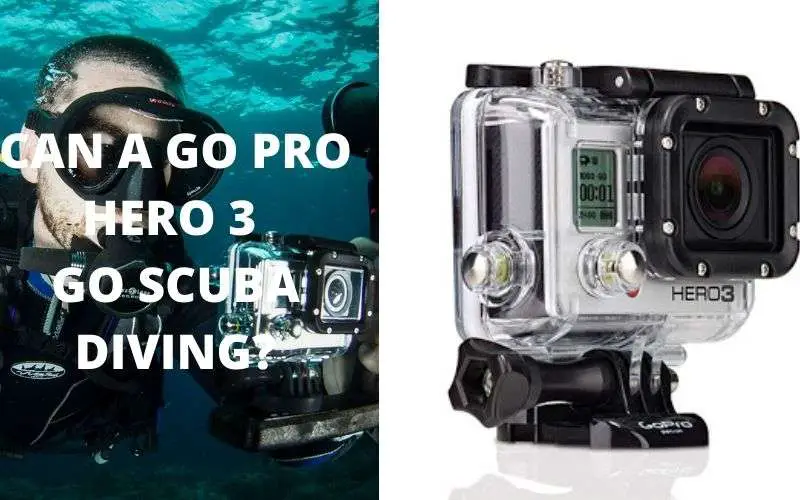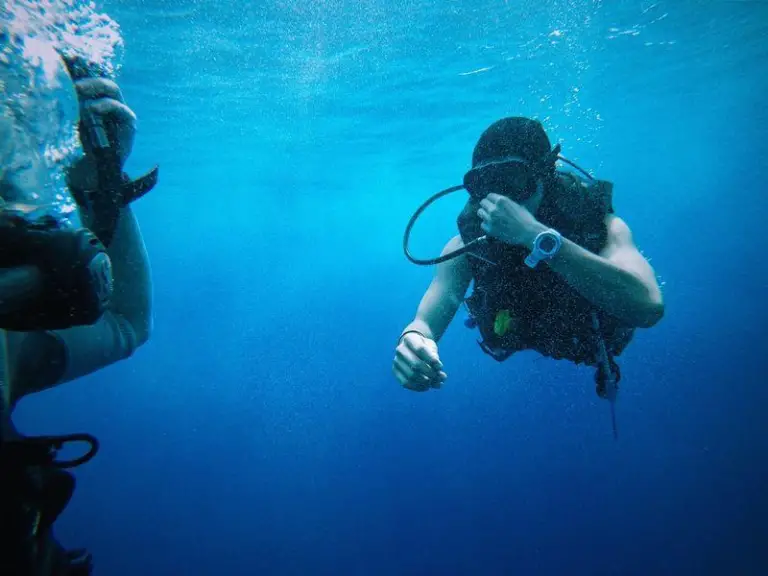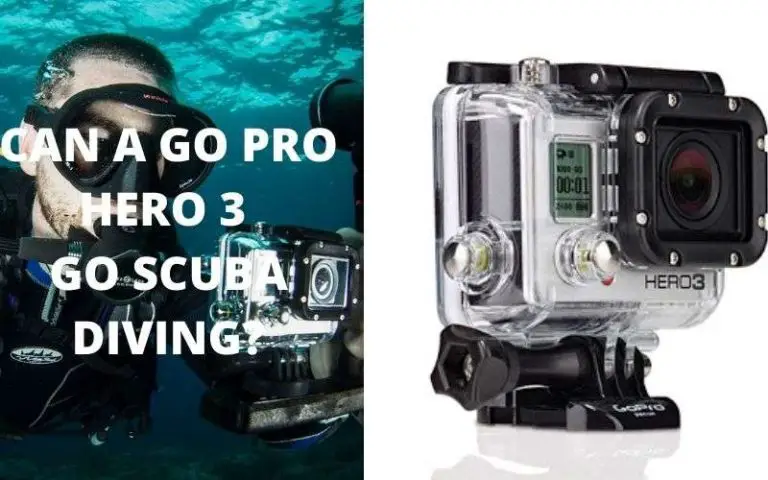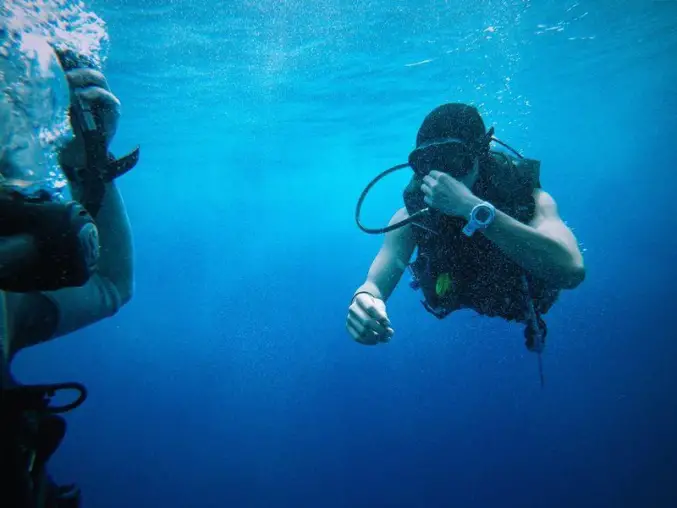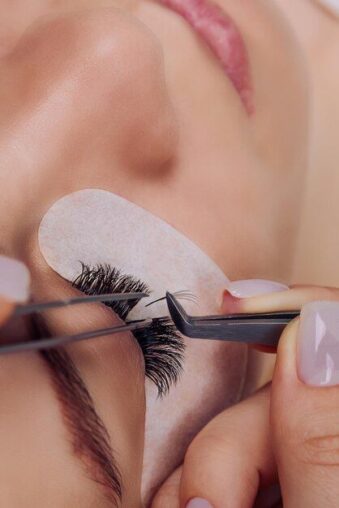
As you immerse yourself in the joys of swimming, whether it’s the allure of the open water or the refreshing dip in a pool on a sunny day, you’ve likely pondered the effects on your skin and hair. Perhaps you’ve experienced that peculiar tightness on your skin or noticed how your hair feels different after emerging from the water.
Showering After Swimming: A Crucial Step
While these changes may seem innocuous, swimming in pools or the sea, while undoubtedly invigorating and excellent exercise, can expose your body to chemicals and microorganisms that could subtly affect your skin and hair.
In this comprehensive article, we will delve into the importance of showering with soap after swimming, the potential consequences of neglecting post-swim hygiene, the intricate ways swimming influences your skin and hair, and much more.
Why is it essential to shower with soap after swimming?

The act of showering with soap after swimming plays a pivotal role in eliminating potentially harmful substances from your skin and hair. These substances encompass chlorine, salt, bacteria, viruses, algae, and various microorganisms commonly found in pools, lakes, and oceans.
Neglecting to adequately wash away these elements can result in undesirable consequences such as dry skin, rashes, itching, and other skin irritations.
Chlorine, in particular, possesses the capacity to react with the sweat and oils present on your skin, generating chloramines that can lead to skin and eye irritation. Soap proves instrumental in breaking down these substances, rendering them more amenable to rinsing.
The proper way to shower after swimming
Effectively showering after a swim constitutes a necessity for preserving your skin and hair, safeguarding them against the adverse effects of chlorine, saltwater, and related substances. Here are the recommended steps for an effective post-swim shower routine:
Rinse Off Immediately
Upon concluding your swim, promptly rinse your body with fresh water to expel as much chlorine or salt as feasible. Many swimming pools provide showers for precisely this purpose, as they expect swimmers to rinse off prior to entering the pool.
Wash Your Hair
Thoroughly saturate your hair with warm water. Employ a chlorine-removal or clarifying shampoo to eradicate chlorine or salt residues from your hair. Ensure the shampoo is massaged into your scalp and evenly distributed throughout your hair for a thorough cleanse.
Utilize a Swimmer’s Soap
Employ a mild, moisturizing soap or a specifically formulated swimmer’s soap for your body. Pay heightened attention to regions where your swimsuit was worn, as these areas may harbor a greater concentration of chlorine or salt.
Exfoliate Your Skin
Consider the use of a gentle body scrub or a washcloth to exfoliate your skin. This can aid in dislodging any lingering chlorine, salt, or other substances clinging to dead skin cells.
Thorough Rinsing
Diligently rinse off the soap and shampoo to ensure the complete removal of all residues, encompassing chlorine, salt, and soap remnants.
Utilize a Conditioner
Following shampooing, apply a deep conditioner or a chlorine-removal conditioner to your hair. This step helps reinstate moisture and luster to your hair.
Gentle Drying
Delicately pat your skin dry using a soft towel. Avoid vigorous rubbing, as it can potentially lead to skin irritation.
Moisturize
Apply a high-quality, hydrating moisturizer to your skin, replenishing moisture and averting dryness. If your skin tends to be sensitive, contemplate employing a moisturizer formulated for sensitive skin.
Wash Your Swimsuit
Rinse your swimsuit under cold water, then hand wash it utilizing mild soap. Rinse it thoroughly, and allow it to air dry. Avoid employing a dryer, as the elevated heat can jeopardize the fabric’s elasticity.
By following these steps diligently, you can shield your skin and hair from the potentially deleterious consequences of swimming in chlorinated or saltwater.
Health risks of forgoing post-swim showers
Neglecting to shower after swimming can give rise to various health issues. The most prevalent of these issues encompass skin irritation and dryness, often attributed to protracted exposure to chlorine, pool chemicals, or saltwater. These substances can also inflict harm upon your hair, rendering it parched and brittle.
If you’ve indulged in swimming in waters laden with elevated bacteria levels or other pathogens, you run the risk of developing infections. Swimmer’s ear, an infection of the outer ear canal, or skin infections are plausible outcomes of such encounters.
Moreover, you may be susceptible to rashes like swimmer’s itch, a condition caused by an allergic response to microscopic waterborne parasites.
The impact of swimming on your skin and hair
Swimming can exert a range of effects on your skin and hair. Pool water is commonly treated with chlorine, which effectively eliminates bacteria but can concurrently strip your skin and hair of their natural oils.
This process may result in dryness, itching, and irritation.
Extended exposure to chlorinated water might even lead to hair discoloration. The situation can be compounded when you swim in seawater, as saltwater can dehydrate your skin and hair, leaving a residue that imparts a rough, tangled texture to your hair.
Additionally, both pool and seawater may harbor harmful microorganisms, and failure to thoroughly cleanse can culminate in infections.
Selecting the ideal soap for post-swim cleansing
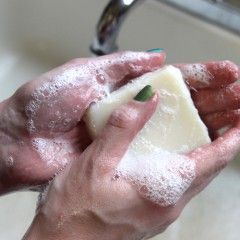
Following your swim, it is best to use a mild, moisturizing soap capable of effectively removing chlorine, salt, and other impurities while preserving your skin’s natural oils. You may also explore specially formulated swimmer’s soaps and shampoos specifically designed to neutralize chlorine and expel salt.
For your hair, consider the use of a clarifying shampoo for a comprehensive cleanse, followed by the application of a deep conditioner to revive moisture and luster.
Can rinsing without soap after swimming remove all the chlorine?
While rinsing your body with water alone can assist in removing some chlorine, it falls short of the efficacy of showering with soap. Soap operates by breaking down and eliminating oils, dirt, and chemicals from your skin.
As chlorine has the propensity to bond with the oils and sweat on your skin, forming chloramines, the presence of soap is imperative to disband these compounds and facilitate complete chlorine removal.
The ideal timing for your post-swim shower
It is highly advisable to shower immediately after swimming. The sooner you expunge chlorine, salt, and other substances, the less time they have to linger on your skin and hair, potentially precipitating dryness, irritation, or other complications.
Exploring natural alternatives to soap for post-swim cleansing
Indeed, there are natural alternatives to soap that you can explore. One option involves rinsing your body with fresh lemon juice or vinegar, both of which can serve to neutralize chlorine. Subsequently, rinse thoroughly with fresh water.
However, it is essential to bear in mind that these alternatives may not be as efficient at eliminating oils, dirt, and contaminants as soap.
Shielding your skin when swimming frequently
To safeguard your skin when swimming regularly, you might consider the following measures:
- Pre-Swim Rinse: Prior to swimming, perform a rinse to eliminate sweat and other substances that could potentially react with chlorine.
- Sunscreen Application: If you are swimming outdoors, consider applying waterproof sunscreen to guard your skin against UV radiation.
- Post-Swim Shower: Shower with soap as promptly as possible after swimming to eliminate chlorine, salt, and other substances.
- Moisturize: Following your shower, use a moisturizer to replenish hydration to your skin.
The necessity of washing your swimsuit with soap after swimming
Indeed, it is imperative to wash your swimsuit with soap after swimming. Similar to your skin and hair, your swimsuit can absorb chlorine, salt, bacteria, and other substances.
Neglecting proper washing can lead to fabric deterioration over time and potentially cause skin irritation during subsequent uses.
Opt for a mild soap when gently cleaning your swimsuit, and allow it to air dry to preserve the elasticity of the fabric, refraining from using a dryer due to the risk of damaging the material.
Conclusion
Post-swim hygiene should not be overlooked. Showering with soap is a pivotal step in the process, aiding in the elimination of chemicals, microorganisms, and impurities that could otherwise affect your skin and hair.
By adhering to proper post-swim cleansing practices, you can relish your aquatic adventures while maintaining the health and vitality of your skin and hair.


